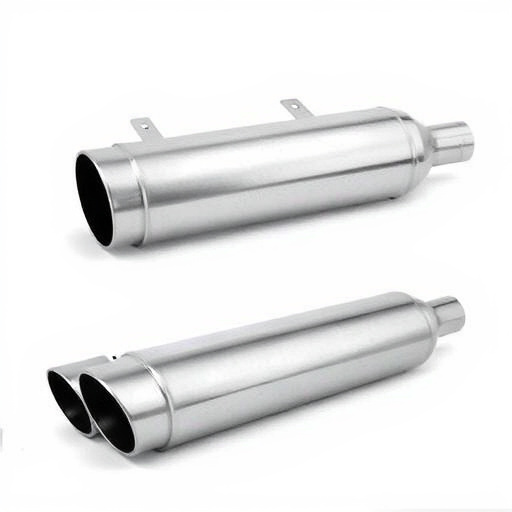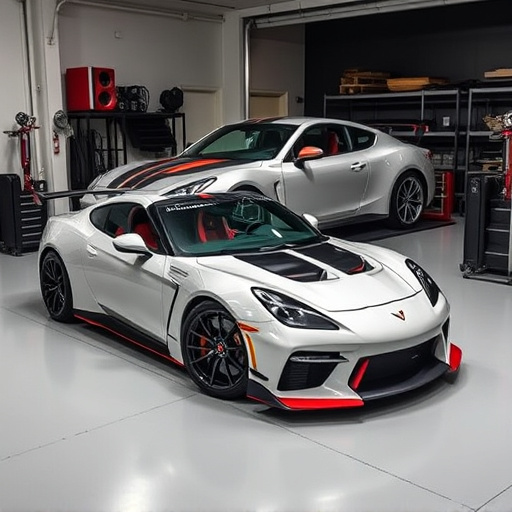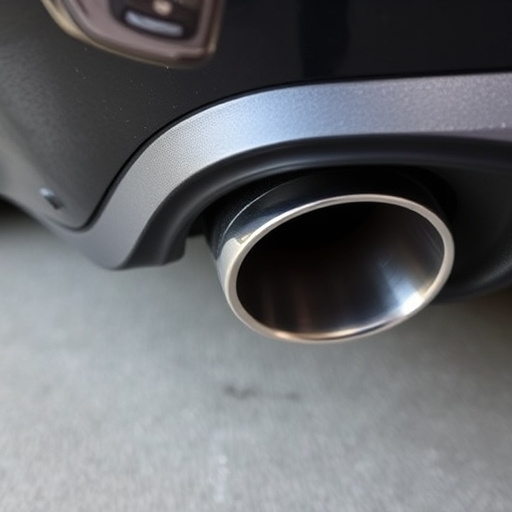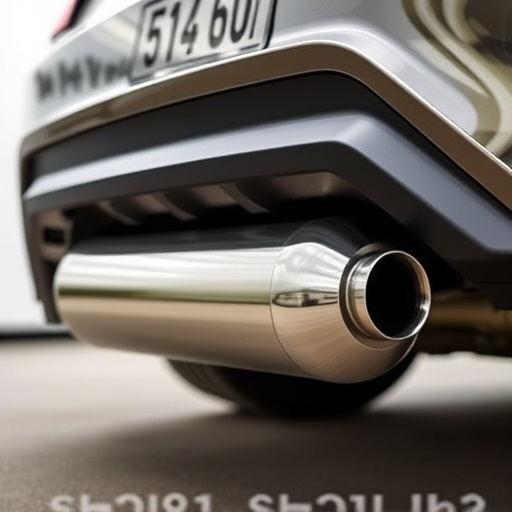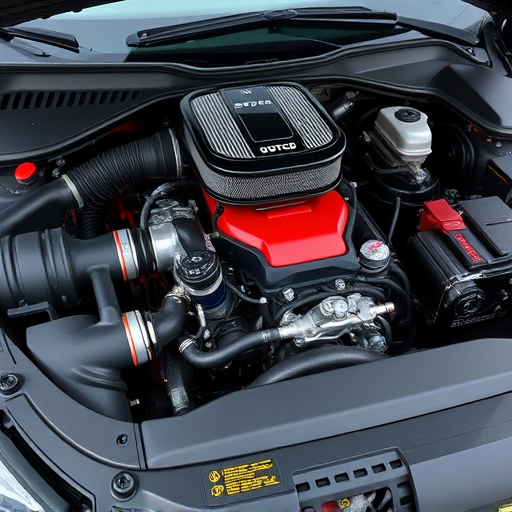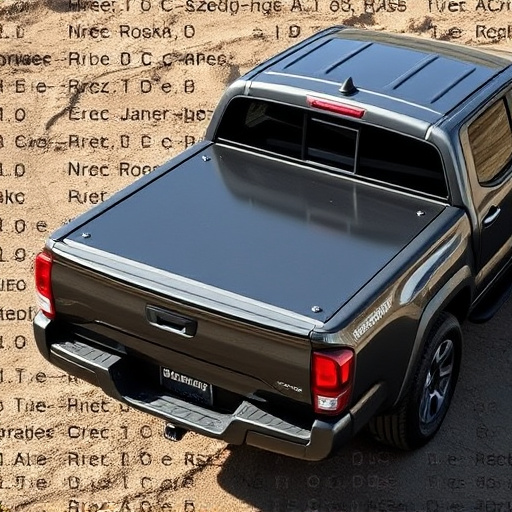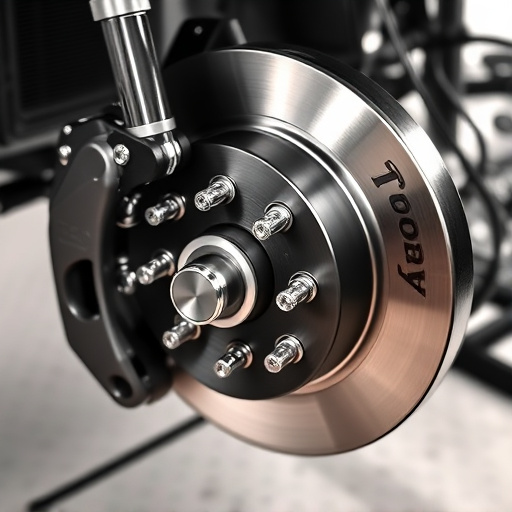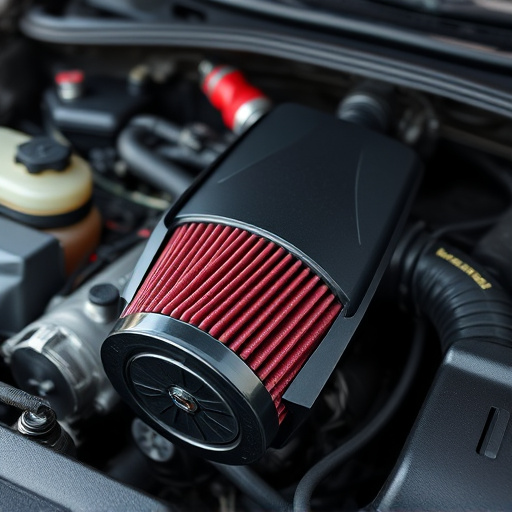Advanced materials like carbon fiber and aluminum alloys are revolutionizing vehicle suspension systems, enabling stiffer spring rates, precise tuning, and real-time adaptation to road conditions. Smart materials and active suspension technologies minimize body roll, enhance safety, and offer a refined ride experience. Electric vehicles (EVs) drive innovation with coilover kits and high-performance parts, ensuring smoother rides and improved dynamics. These developments make advanced suspensions accessible to mainstream drivers while boosting overall vehicle performance.
The vehicle suspension system, a critical component for safety, comfort, and performance, is undergoing a period of rapid evolution. Advanced materials like lightweight alloys and carbon fiber are reshaping traditional designs. Adaptive suspension systems promise unparalleled control, enhancing both safety and passenger comfort. As electric vehicles gain prominence, new ride dynamics emerge, merging efficiency with dynamic handling. This article explores these trends, shedding light on the future of vehicle suspension system innovations that redefine driving experience.
- Advanced Materials: Shaping the Future of Vehicle Suspension
- Adaptive Suspension Systems: Enhancing Safety and Comfort
- Electric Vehicles: Revolutionizing Ride Dynamics
Advanced Materials: Shaping the Future of Vehicle Suspension
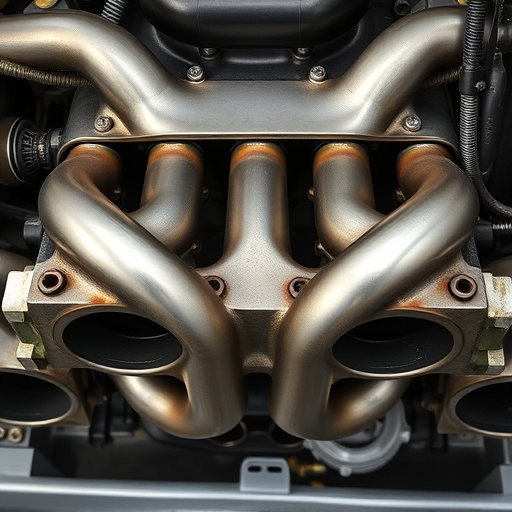
The future of vehicle suspension systems is being shaped by advanced materials that offer enhanced performance and improved efficiency. Traditional metal components are increasingly being replaced or supplemented with lightweight, high-strength materials such as carbon fiber and aluminum alloys. These materials not only reduce the overall weight of the vehicle, contributing to better fuel economy, but also enable more sophisticated design possibilities. For instance, these advanced materials can be molded into complex shapes, allowing for stiffer spring rates and precise tuning of suspension characteristics, ultimately enhancing handling and comfort.
This trend is driving innovations in various aspects of vehicle suspension. For example, some manufacturers are incorporating smart materials that adapt to road conditions in real-time, providing smoother rides over rough terrain or urban potholes. Additionally, the integration of sensors and electronic control systems allows for active suspension, where the shock absorbers and springs can adjust dynamically to minimize body roll and maintain optimal vehicle stability. This technology, often seen in high-performance vehicles, is trickling down to more mainstream models, making advanced vehicle suspension systems accessible to a wider range of drivers, while also enhancing safety and driving pleasure with performance brakes and cat-back exhaust systems becoming more common upgrades.
Adaptive Suspension Systems: Enhancing Safety and Comfort
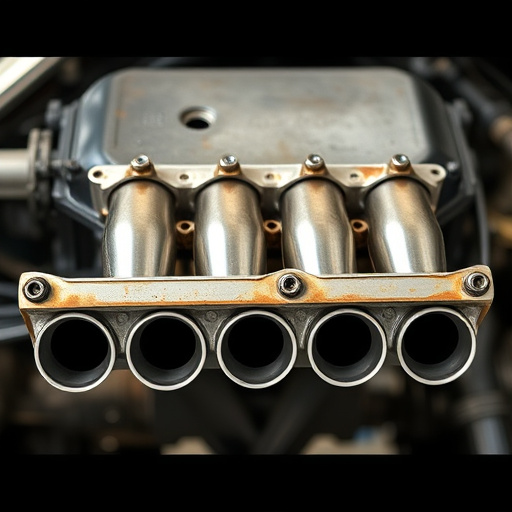
Adaptive suspension systems represent a significant leap forward in vehicle suspension technology. These advanced systems use sensors and actuators to continuously adjust the vehicle’s ride height, damping, and spring rates in real-time, providing both enhanced safety and unparalleled comfort. By actively managing road inputs, adaptive suspensions mitigate body roll during cornering, ensuring better grip and improved driver control. This not only enhances stability but also allows for more aggressive driving dynamics, appealing to enthusiasts while prioritizing passenger comfort during everyday commutes.
Moreover, these innovations integrate seamlessly with other vehicle systems like performance brakes and exhaust tips, contributing to a holistic improvement in overall vehicle performance. Adaptive suspension kits are transforming the way drivers interact with their vehicles, offering a refined ride that adapts to various driving conditions, be it navigating bustling city streets or tackling challenging off-road terrains.
Electric Vehicles: Revolutionizing Ride Dynamics
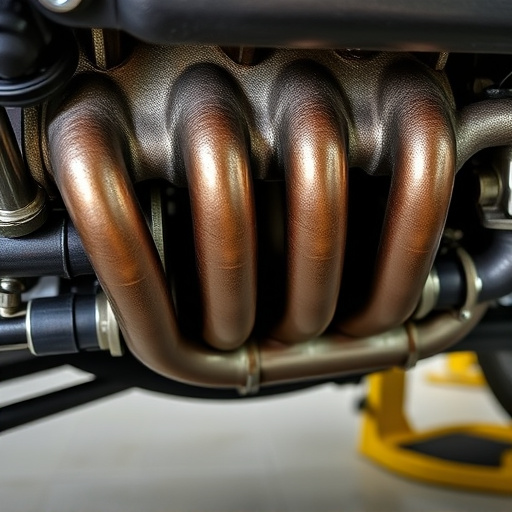
The advent of electric vehicles (EVs) has brought about a significant shift in the automotive industry, and one area experiencing remarkable innovation is the vehicle suspension system. As EVs continue to gain popularity, engineers are rethinking traditional suspension designs to cater to the unique dynamics of these new-age cars. The key difference lies in the elimination of engine vibrations, which in internal combustion engines, often contribute to a rough ride. EVs, powered by electric motors, offer a smoother experience due to their instant torque delivery and lack of vibration.
This revolutionizes ride dynamics, allowing for more precise handling and improved comfort. In response, manufacturers are developing advanced suspension systems that further enhance the driving experience. Coilover kits, for instance, are gaining popularity among EV enthusiasts as they provide better control over ride height and damping, enabling fine-tuning for various road conditions. Additionally, high-performance parts and performance air filters contribute to optimizing vehicle dynamics, ensuring EVs not only have exceptional range but also deliver a thrilling and responsive drive.
The evolution of the vehicle suspension system continues apace, driven by advances in materials science, technology, and electric mobility. From adaptive systems that balance safety and comfort to the revolutionary ride dynamics of electric vehicles, the trends shaping today’s market promise enhanced performance and a more personalized driving experience. As we look ahead, continued innovation in these areas will undoubtedly redefine how we think about and interact with our vehicles.
